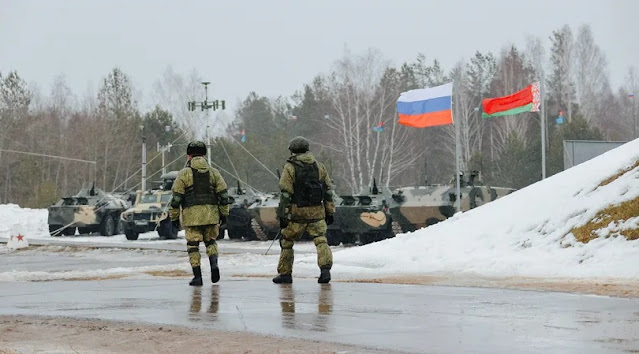Military Dictatorship In Myanmar || At Least 38 Dead In Protests Against The Military Government
There were numerous deaths on the 30th day of the resistance against the military. Eyewitnesses accused emergency services of shooting demonstrators.
In the ongoing protests against the new military government in Myanmar , 38 demonstrators are reported to have been killed. This is said to be the highest daily number of victims since the coup on February 1. Last Sunday, 18 people were killed.
In different parts of the country, firefighters shot live ammunition , as reported by local media and eyewitnesses. Photos of corpses covered in blood circulated on social networks.
30th day of protests
It was already the 30th day of the resistance. The emergency services again used tear gas, stun grenades and rubber bullets, as the portal Eleven Myanmar wrote. According to estimates by activists, more than 1,300 people have been arrested at least temporarily since the coup in early February.
In view of the ongoing violence, the UN Security Council is due to discuss the crisis again. As several diplomats unanimously reported, the UK requested a meeting in New York on Friday. Also on Wednesday there were appeals to the United Nations in social networks to help the country. Eyewitnesses are increasingly calling Myanmar a "war zone".
The military had put a coup against the de facto head of government Aung San Suu Kyi about a month ago . The generals cited irregularities in the November parliamentary elections as the reason. Suu Kyi won this by a clear margin. Observers did not document any signs of major electoral fraud.
The 75-year-old Nobel Peace Prize laureate is under house arrest and has to answer for various allegations in court . Suu Kyi had been under house arrest for 15 years during the almost 50-year military dictatorship. The army had ruled the country with a hard hand at the time.
The protests against the military occupation to overthrow the elected government of Myanmar in March Feb 9, where police shot dead protesters.
According to a Reuters report, eyewitnesses and the media said that nine people had been killed in the rally, while a day earlier they had called for restraint and offered to help resolve the crisis.
Eyewitnesses said that in many cities and towns, the forces fired lightly as a precautionary measure and that the military rulers appeared more eager to crush the protesters than on February 1.
"They were approaching us and firing tear gas, then they came back and threw grenades at us," said Si Thomaung, a leader of the protesters in central Myanmar.
"After that they sprayed us with water cannons even though they did not give any warning to disperse and opened fire with their guns," he said.
A military government spokesman declined to comment.
Thatsar, editor of the Moniva Gazette, said a young man had been killed in Meiyang, but the death toll was higher in another town, Moniva, where four men and a woman had been killed.
"We have confirmed the deaths from his family and doctors who said five people were killed," he said.
He said that 30 people were injured in the firing in different cities and towns of Myanmar, whose condition is said to be in danger.
Another eyewitness, referring to the crackdown on student protests in Beijing in 1989, said most of the country's cities are like Tiananmen Square.
The shootings and killings of Myanmar protesters have resurfaced a day after neighboring foreign ministers called for restraint, but agreed to demand the release of Aung San Suu Kyi and the restoration of democracy. I failed.
Myanmar Now News Agency reports that security forces have detained about 300 protesters who were protesting in Yangon.
Earlier, on February 28, there were violent protests across Myanmar, during which 18 civilians were killed in police firing.
Media reports showed several injured people being dragged away by fellow protesters, and blood stains from their bodies appeared on the streets, while a doctor, speaking on condition of anonymity, said: A man died on arrival at the hospital after being shot in the chest, he said.
Medix said that among the five people killed in Yangon was Internet network engineer Nai Nai Aung Hatt Ning, who had expressed his concerns over the growing crackdown on Facebook a day earlier.
In the aftermath of the killings, the report said 21 people had been killed so far in the protests in Myanmar, while the military said one policeman had also been killed.
Myanmar's military seized power on February 1 and detained Aung San Suu Kyi and several of her party's leaders, accusing her party of "overwhelming victory". He cheated in the November elections.
The military coup, which halted temporary steps toward democracy after nearly 50 years of military rule, drew a strong response, with thousands taking to the streets, as well as from the West.





Comments
Post a Comment